Great Danes are one of the most recognizable dog breeds in the world. They are known for their massive size and gentle nature, which makes them a popular choice for families looking for a loyal and loving pet. However, many people wonder if Great Danes are good pets. The answer is yes, but there are a few things to consider before bringing one home.
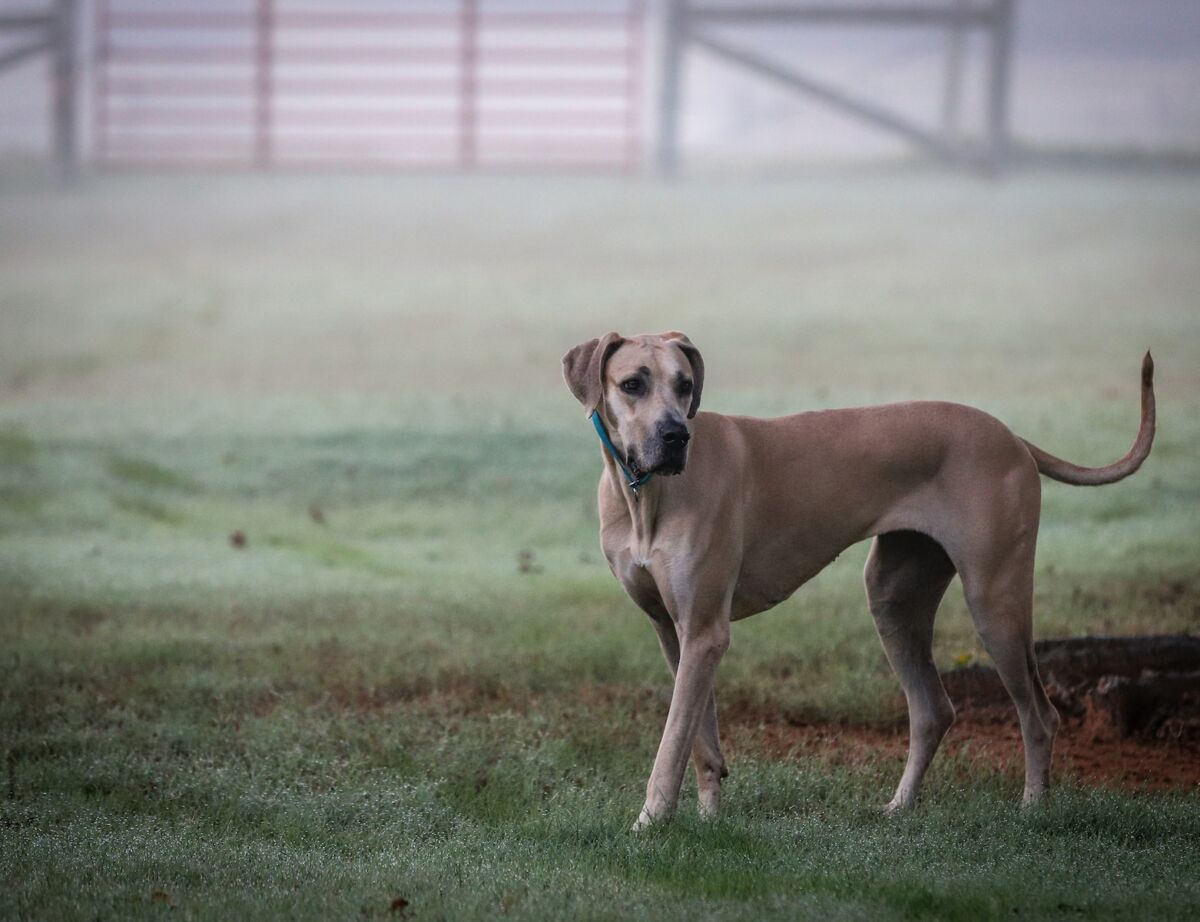
First and foremost, Great Danes are excellent pets due to their loving nature and friendly personality. They are known for being great with children and other animals, making them an ideal choice for multi-pet households. However, their large size does introduce complications that are not present with other smaller pets. Proper attention to their nutrition, exercise, and grooming is necessary for them to live an optimally healthy and happy life.
Overall, Great Danes make excellent pets for the right type of owner. They are loyal, loving, and gentle, but their size and unique needs require a certain level of commitment and responsibility. If you are considering adding a Great Dane to your family, it is important to do your research and make sure you are prepared for the challenges of owning such a large and unique breed.
History and Characteristics
Great Danes are known for their regal appearance and gentle demeanor. These gentle giants are one of the tallest dog breeds, standing up to 32 inches at the shoulder and weighing up to 175 pounds.
Origins
Great Danes originated in Germany, although some believe the breed has ancient origins. They most likely emerged from the English Mastiff and Irish Wolfhound. Despite having “Dane” in its name, the breed was actually developed in Germany as a boar hunter.
The breed was originally called the Deutsche Dogge, which means German Mastiff. The name was later changed to Great Dane, which reflects the breed’s regal appearance and not its country of origin.
Appearance
Great Danes have a short, smooth coat that comes in various colors, including black, blue, fawn, brindle, and harlequin. They have a large head with a strong, square jaw and deep-set, expressive eyes.
Great Danes are known for their size and strength but also for their gentle nature. They are typically easygoing and mild-mannered, and they do well with children and other pets.

Here are some key characteristics of Great Danes:
- Size: Great Danes are one of the tallest dog breeds, standing up to 32 inches at the shoulder and weighing up to 175 pounds.
- Coat: Great Danes have a short, smooth coat that comes in various colors, including black, blue, fawn, brindle, and harlequin.
- Gentle giant: Despite their size and strength, Great Danes are typically easygoing and mild-mannered.
- Regal appearance: Great Danes have a regal appearance, with a large head, strong square jaw, and deep-set, expressive eyes.
In summary, Great Danes are a regal and gentle giant breed originating in Germany. They have a short, smooth coat and come in various colors. Great Danes are typically easygoing and mild-mannered, making them great pets for families with children and other pets.
Temperament and Personality
Great Danes are known for their gentle giant personality. They are often described as affectionate, friendly, and loyal companions. However, like any breed, there can be variations in temperament and personality.
Temperament
Great Danes are generally calm and confident dogs. They are known for their sensitivity and can be easily hurt by harsh words or actions. They are also protective of their family and make excellent watchdogs.
Personality
Great Danes are intelligent and trainable, but they can be strong-willed at times. They are loyal to their family and enjoy spending time with them. They are also known for their friendliness and get along well with children and other pets if socialized properly.
As a working dog, Great Danes have a strong sense of purpose and enjoy having a job to do. They are also known for their fearlessness and can be protective of their family if they sense a threat.
Overall, Great Danes make excellent pets for those who are willing to provide them with the proper care and attention they need. Their temperament and personality make them a wonderful addition to any family.
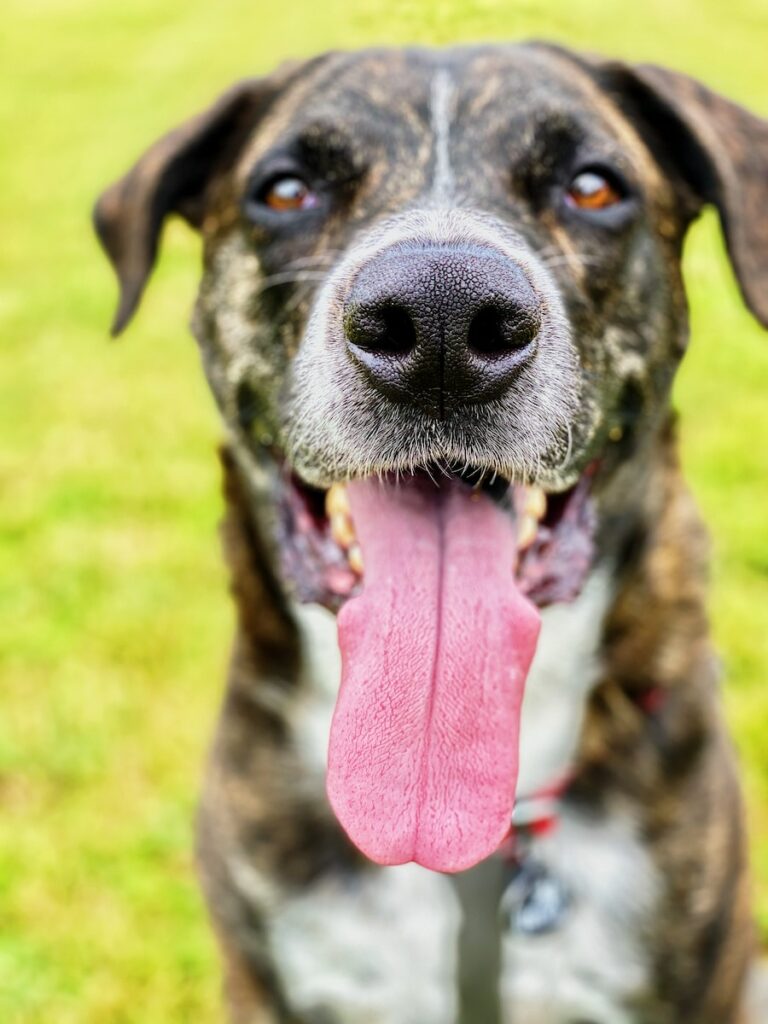
Health and Care
Great Danes are a large breed of dog that requires proper health and care to ensure their well-being. In this section, we will discuss some important aspects of Great Dane health and care, including health issues, exercise and nutrition, and grooming and maintenance.
Health Issues
Great Danes are prone to several health issues, including bloat, dilated cardiomyopathy, hip dysplasia, heart disease, wobbler syndrome, and obesity. Bloat is a life-threatening condition that can occur when a dog’s stomach fills with gas and twists on itself. Dilated cardiomyopathy is a heart disease that can cause weakness, lethargy, and difficulty breathing. Hip dysplasia is a condition where the hip joint doesn’t form correctly, leading to pain and mobility issues. Wobbler syndrome is a neurological condition that affects the spine, causing weakness and instability. Obesity is a common issue among Great Danes, which can lead to other health problems such as joint pain and heart disease.
Exercise and Nutrition
Great Danes require moderate exercise to keep them healthy and fit. Daily walks and playtime are essential for their physical and mental well-being. However, it’s important not to over-exercise them, especially when they are young, as their growing bones and joints are susceptible to injury. Proper nutrition is also crucial for Great Dane health. Large-breed puppy food is recommended for young Great Danes to ensure they get the necessary nutrients for their growth. As they age, a balanced diet of protein, carbohydrates, and healthy fats is essential to maintain their health and weight.
Grooming and Maintenance
Great Danes have a short, smooth coat that requires minimal grooming. Weekly brushing with a soft-bristled brush can help remove loose hair and keep their coat shiny. They also need regular nail trimming to prevent overgrowth and discomfort. Great Danes are prone to drooling, so regular cleaning of their face and mouth is necessary to prevent skin irritation. Additionally, regular veterinary check-ups are essential to monitor their health and catch any potential health issues early on.
In conclusion, Great Danes are good pets, but they require proper health and care to ensure their well-being. By addressing their health issues, providing them with proper exercise and nutrition, and maintaining their grooming and hygiene, you can help your Great Dane live a long and healthy life.
Training and Obedience
Great Danes are intelligent and eager to please, making them relatively easy to train. Proper training and obedience are crucial for a happy and healthy relationship between you and your Great Dane.
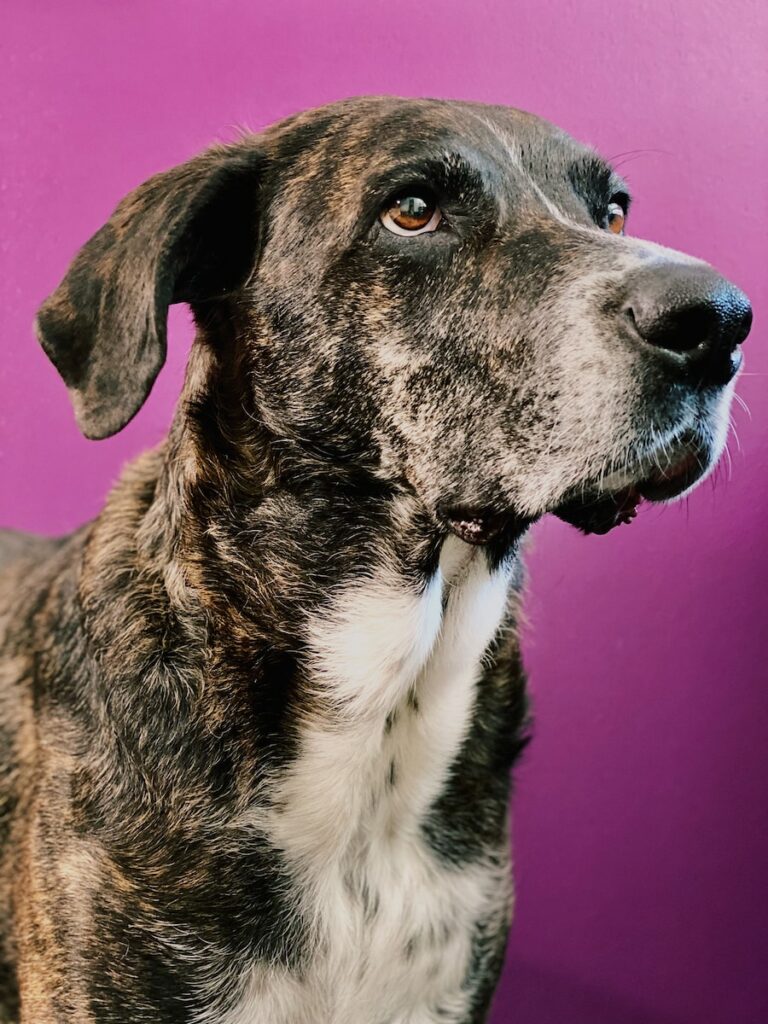
Obedience Training
Basic obedience training is essential for all dogs, and Great Danes are no exception. They need to learn basic commands such as sit, stay, come, and heel. Obedience training is especially important for Great Danes because of their large size. They need to learn how to behave appropriately around people and other animals.
Proper Training Techniques
Positive reinforcement is the most effective and humane training technique for Great Danes. Positive reinforcement involves rewarding your dog for good behavior with treats, praise, and affection. This technique helps your Great Dane develop a positive association with training and encourages them to repeat good behavior in the future.
On the other hand, punishment-based training techniques such as hitting or yelling at your dog can be harmful and counterproductive. These techniques can cause your Great Dane to become fearful or aggressive, which can lead to other behavioral problems.
Separation Anxiety
Great Danes are known for their loyalty and affection towards their owners. However, this can also lead to separation anxiety when they are left alone for long periods. Separation anxiety can cause destructive behavior such as chewing, digging, and excessive barking.
To prevent separation anxiety, it’s essential to gradually acclimate your Great Dane to being alone. Start with short periods and gradually increase the time. Provide your Great Dane with plenty of mental stimulation, such as puzzle toys and interactive games, to keep them occupied while you’re away.
Mental Stimulation
Great Danes are intelligent dogs that require mental stimulation to prevent boredom and destructive behavior. Mental stimulation can be achieved through activities such as training, puzzle toys, and interactive games.
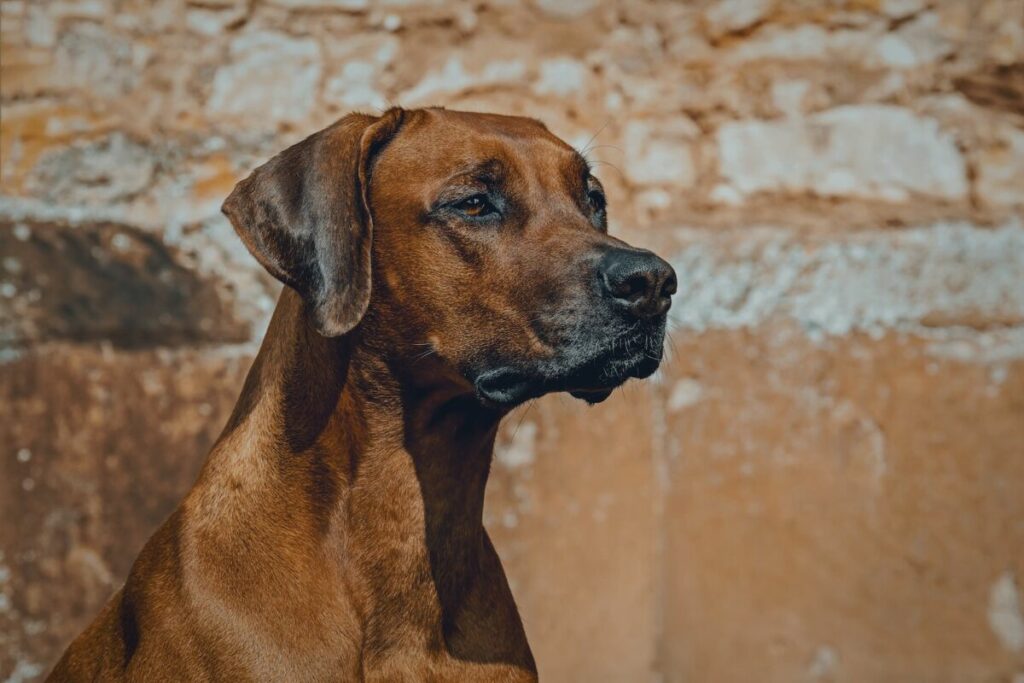
Activity Level
Great Danes are large dogs that require regular exercise to maintain their health and prevent obesity. However, they are not as high-energy as some other breeds. A daily walk or two and some playtime in the backyard should be enough to keep your Great Dane happy and healthy.
Boundaries
Establishing boundaries is important for all dogs, but it’s especially crucial for Great Danes because of their large size. Set clear boundaries from the beginning and enforce them consistently. This will help your Great Dane understand what is expected of them and prevent unwanted behavior.
Speak
Great Danes are not known for excessive barking. However, they may bark to alert their owners of potential danger or to express their needs. Teaching your Great Dane the “speak” command can be helpful in controlling their barking behavior. Once they have learned the “speak” command, you can teach them the “quiet” command to stop barking on cue.
In conclusion, proper training and obedience are crucial for a happy and healthy relationship with your Great Dane. Use positive reinforcement techniques, provide mental stimulation, establish clear boundaries, and prevent separation anxiety to ensure that your Great Dane is a well-behaved and happy pet.
Great Danes as Pets
Great Danes are a popular breed of dog that have been known to make great pets. However, before you decide to bring one into your home, it’s important to consider whether or not they are the right fit for your family. Here are some things to keep in mind when considering a Great Dane as a pet.
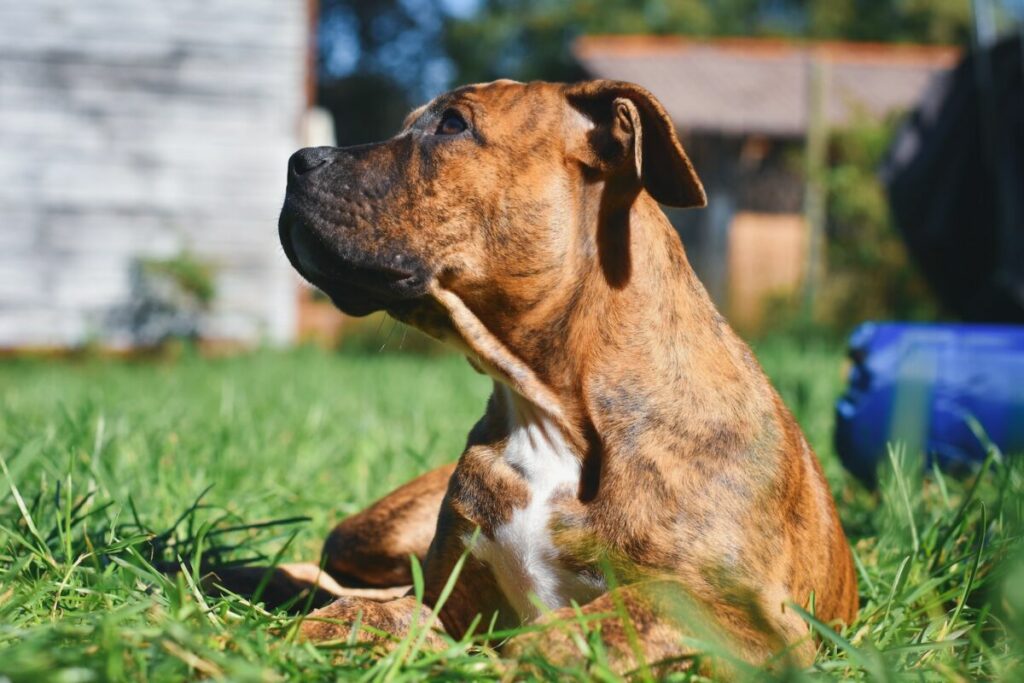
Suitability as a Family Pet
Great Danes can make great family pets, but they are not for everyone. Due to their massive size, they require a lot of space and can be difficult to manage for those who are not used to handling large dogs. Additionally, Great Danes have a high activity level and require daily exercise to stay healthy and happy.
Great Danes and Children
Great Danes can be great with children, but it’s important to supervise interactions between the two. Small children may accidentally hurt a Great Dane due to their size, so it’s important to teach children how to properly interact with dogs. Additionally, Great Danes are known to be affectionate and gentle with children, making them great family dogs.
Great Danes as Guard Dogs
Great Danes are not typically used as guard dogs, but they can make great watchdogs due to their size and bark. They are also known to be protective of their family, making them a good choice for those looking for a dog that can help keep their home safe.
When considering a Great Dane as a pet, it’s important to choose a reputable breeder that can provide you with a healthy and well-socialized dog. Great Danes have high energy levels and require a lot of exercise, so it’s important to be prepared to meet their needs. Overall, Great Danes can make great pets for those willing to put in the time and effort to properly care for them.